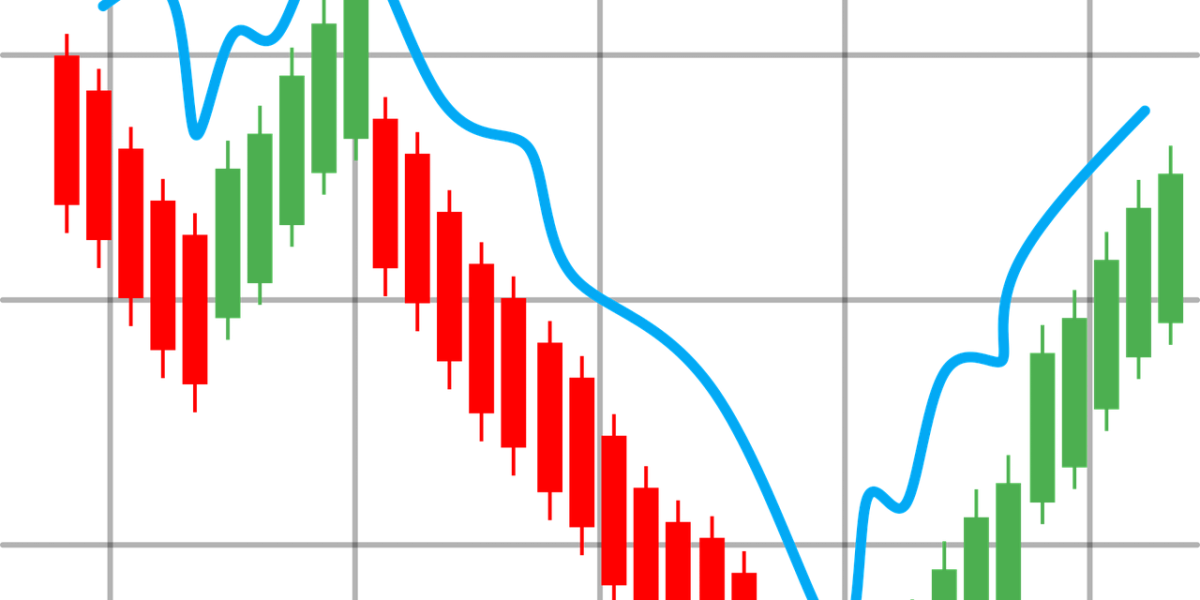A margin call occurs when an investor’s margin account falls below the required maintenance margin level set by the broker. A margin account allows investors to borrow funds from their broker to buy securities, using the securities held in the account as collateral. When the value of the securities declines, it can result in the account’s equity falling below the minimum requirement.
Here’s how a margin call typically works:
1. Initial margin requirement: When opening a margin account, investors must initially deposit a certain percentage of the total purchase price of the securities they wish to buy. This is known as the initial margin requirement, which is usually set by the broker and varies depending on the securities and the investor’s account type.
2. Maintenance margin requirement: Once the account is established, brokers impose a maintenance margin requirement, which is the minimum equity level the account must maintain. It is expressed as a percentage of the total value of the securities held in the account.
3. Falling below maintenance margin: If the value of the securities in the account declines and the account’s equity falls below the maintenance margin requirement, the broker issues a margin call.
4. Notification and action required: The broker contacts the investor, typically through a margin call notification, informing them of the shortfall in their account. The investor is then required to take specific actions to meet the margin call.
5. Meeting the margin call: To satisfy the margin call, the investor can take several actions. They may deposit additional funds into the account, sell some of the securities held in the account, or a combination of both. By doing so, the investor increases the equity in the account and brings it back above the maintenance margin requirement.
6. Consequences of not meeting the margin call: If the investor fails to meet the margin call within the given time frame, the broker has the right to liquidate some or all of the securities held in the account to recover the borrowed funds. This is known as a forced or involuntary liquidation.
Margin calls serve as a risk management mechanism to protect the broker and ensure that investors are maintaining sufficient collateral in their accounts. It’s important for investors to understand the margin requirements, closely monitor their margin accounts, and be prepared to meet margin calls if necessary. Failure to meet margin calls can result in financial losses and the potential liquidation of securities in the account.

